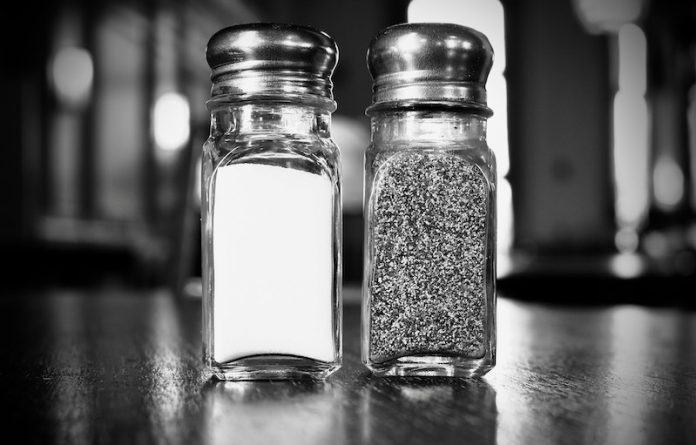
In a study from Tulane University, scientists found adding additional salt to foods at a lower frequency is associated with a reduced risk of heart failure and ischemic heart disease.
The human body requires a small amount of sodium to conduct nerve impulses, contract and relax muscles, and maintain the proper balance of water and minerals.
But too much sodium in the diet can lead to high blood pressure, heart disease, and stroke. It can also cause calcium losses, some of which may be pulled from the bone.
Scientists recently found that the frequency of adding salt to foods could reflect a person’s long-term salt taste preference and sodium intake and was strongly linked to life expectancy.
In the current study, researchers analyzed whether the frequency of adding salt to foods was linked to cardiovascular disease risk.
They used data from 176,570 adults in the UK Biobank who were initially free of cardiovascular disease.
The team found during 12 years of follow-up, there were 9,963 total cardiovascular disease events, 6,993 heart disease cases, 2,007 stroke cases, and 2,269 heart failure cases.
A lower frequency of adding salt to foods was strongly linked to a lower risk of total cardiovascular events.
The team also found that compared with the group of always added salt to foods, people who usually, sometimes, and never/rarely added salt to foods had lower risks of cardiovascular disease.
Among the subtypes of cardiovascular diseases, adding salt showed the strongest association with heart failure, followed by ischemic heart disease, but was not associated with stroke.
The team found that people who combined a DASH-style diet with the lowest frequency of adding salt had the lowest cardiovascular disease risk.
Based on the findings, the team suggests that a lower frequency of adding salt to foods is linked to a lower risk of heart failure and ischemic heart disease.
The study was conducted by Lu Qi et al and published in the Journal of the American College of Cardiology.
If you care about heart health, please read studies about how eating eggs can help reduce heart disease risk, and herbal supplements could harm your heart rhythm.
For more information about heart health, please see recent studies about how espresso coffee affects your cholesterol level, and results showing Vitamin C linked to a lower risk of heart failure.
Copyright © 2022 Scientific Diet. All rights reserved.








